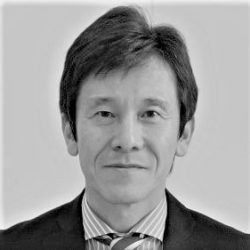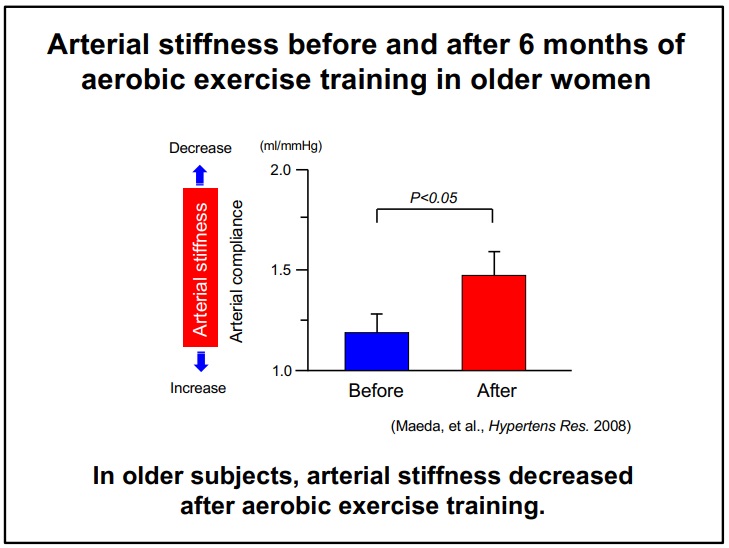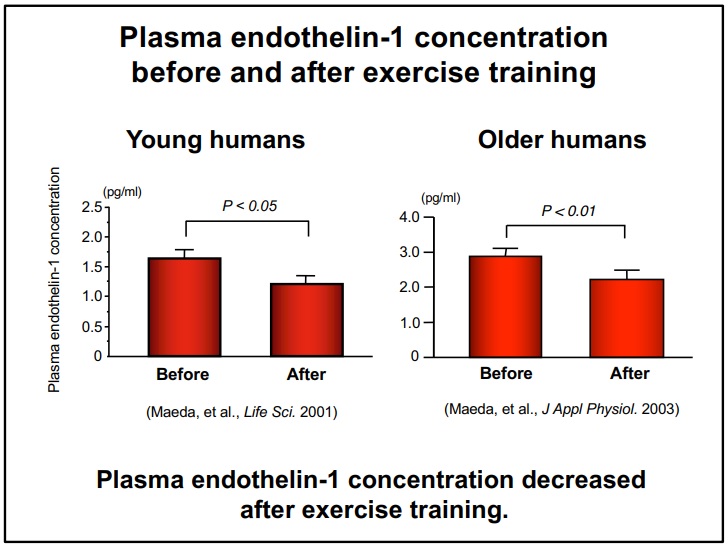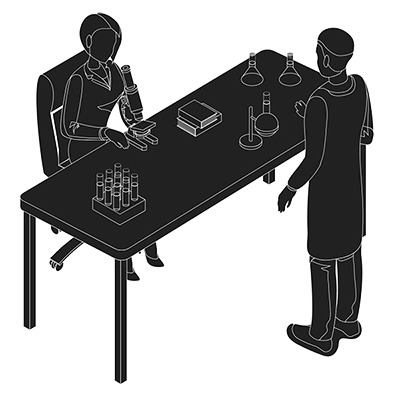
MAEDA, Seiji
Doctoral Program / SPORTS MEDICINE SPECIALIZATION / Sport Physiology
- SUBJECTS
- PROFILE
- Seiji MAEDA's research interest is in sports physiology. A major focus of his research has concerned the effects of regular exercise and/or dietary improvement on arterial stiffness in middle-aged and older humans. His laboratory has demonstrated that regular aerobic exercise and/or dietary improvement results in a significant decrease in arterial stiffness in middle-aged and older humans. Furthermore, he have showed that vascular endothelium-derived vasoactive factors, such as endothelin-1 and nitric oxide, may be an important mechanism underlying the beneficial effect of regular aerobic exercise on arterial stiffness. His research keywords are aging, arterial stiffness, exercise, and diet. He has authored more than 300 peer-reviewed articles.
- BIOGRAPHY
- Career:
2003/2-2013/10: Associate Professor, Faculty of Health and Sport Sciences, University of Tsukuba
2013/11-2021/3: Professor, Faculty of Health and Sport Sciences, University of Tsukuba
2021/4-: Professor, Faculty of Sport Sciences, Waseda University
Education background:
1989: BA, Waseda University
1993: MS, University of Tsukuba
1998: Ph.D., University of Tsukuba

Aging increases arterial stiffness. Increase in arterial stiffness is a key risk factor for cardiovascular disease. This figure shows arterial stiffness before and after 6 months of aerobic exercise training in older women. Arterial stiffness was measured by arterial compliance, index of arterial distensibility. Arterial compliance increased after exercise training. Thus, in older subjects, arterial stiffness decreased after aerobic exercise training. Regular aerobic exercise improves a stiff artery in older human.

Endothelin-1 is a potent vasoconstrictor peptide produced by vascular endothelial cells and, therefore, has been implicated in increase in arterial stiffness. These figures show plasma endothelin-1 concentration before and after exercise training for 2 or 3 months. The left figure shows plasma endothelin-1 concentration in young humans and the right figure shows plasma endothelin-1 concentration in older humans. Plasma endothelin-1 concentration decreased after exercise training in young and older humans. Thus, endothelin-1 may be a key factor in the mechanism underlying habitual exercise-induced decrease in arterial stiffness.
- MEMBERS
- ADMISSIONSIf you are interested in our school,
please see this page for admission information.

